Market Share
Refrigerated Truck Market Share Analysis
In the competitive landscape of the Refrigerated Truck market, effective market share positioning strategies are essential for companies to gain a competitive advantage and expand their presence within the industry. One primary strategy employed by companies is product differentiation. By focusing on offering unique features and benefits in their refrigerated trucks, such as temperature control precision, energy efficiency, or advanced safety features, companies can set themselves apart from competitors. This differentiation can be achieved through innovations in truck design, such as improved insulation materials, state-of-the-art refrigeration systems, or telematics technology for real-time monitoring of temperature and vehicle performance. By offering differentiated products that meet specific customer needs and preferences, companies can capture market share and strengthen their position in the Refrigerated Truck market.
Strategic partnerships and collaborations also play a significant role in market share positioning within the Refrigerated Truck market. Collaborating with suppliers of refrigeration units, truck chassis manufacturers, or technology providers ensures access to high-quality components and expertise, enhancing product quality and performance. Partnerships with logistics companies, cold chain operators, or food manufacturers facilitate access to broader distribution networks and enable companies to reach new customers in different industries or geographic regions. Additionally, alliances with regulatory bodies or industry associations provide companies with valuable insights into market trends and regulatory requirements, helping them stay ahead of the competition and maintain compliance with industry standards.
A striving opportunity for the reefer truck market is the infrastructural developments of healthcare industries and consumer good manufacturing as well. Improvement in roads and connectivity is smoothening up inter-state transportation. The cold chain supply is a growing necessity in multiple sectors. Increased vehicles can make the process fast and effective in several countries.
Moreover, companies often employ market penetration strategies to increase their market share by targeting existing markets more aggressively. This could involve offering competitive pricing, leasing options, or financing incentives to attract customers. Additionally, companies may invest in marketing and promotional activities to raise brand awareness and promote the benefits of their refrigerated trucks. By intensifying their efforts within established markets, companies can enhance brand visibility, attract new customers, and gain market share from competitors, thereby solidifying their position as leaders in the Refrigerated Truck market.
In addition to market penetration, companies may pursue market expansion strategies to enter new geographic regions or target new customer segments. This could involve establishing partnerships with local dealerships, distributors, or service centers to increase market reach and provide better support to customers. Companies may also invest in product localization or customization to meet the specific needs and preferences of different markets. By diversifying their customer base and geographic presence, companies can mitigate risks associated with market fluctuations and capitalize on growth opportunities in untapped regions.
Investment in research and development (R&D) is another critical aspect of market share positioning strategies in the Refrigerated Truck market. Companies continuously invest in R&D to innovate and develop new technologies, materials, or designs that address evolving customer needs and market trends. This could include advancements in refrigeration systems, aerodynamics, or connectivity solutions to improve fuel efficiency, reduce emissions, and enhance overall performance. By staying at the forefront of innovation, companies can differentiate themselves from competitors, attract discerning customers, and maintain a competitive edge in the Refrigerated Truck market.
Furthermore, sustainability initiatives are increasingly becoming a focal point of market share positioning strategies in the Refrigerated Truck market. With growing environmental concerns, companies are under pressure to offer eco-friendly transportation solutions that minimize carbon footprint and environmental impact. This could involve investing in alternative fuel technologies, electric or hybrid vehicle options, or implementing energy-saving measures in truck design and operation. By aligning their brand with sustainability values and offering environmentally responsible transportation solutions, companies can attract environmentally conscious customers, enhance brand reputation, and gain a competitive advantage in the market.


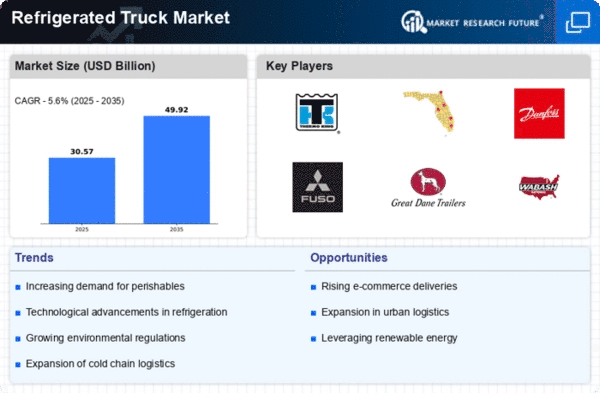

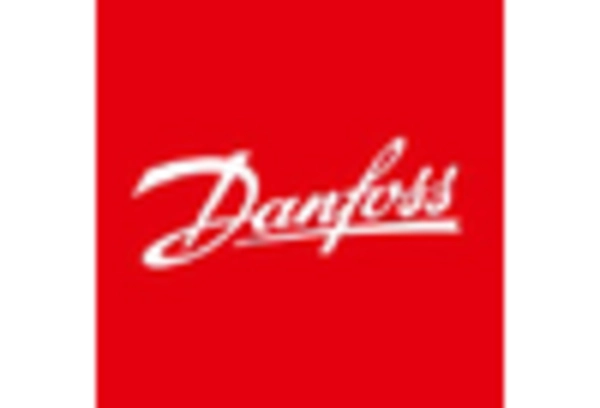
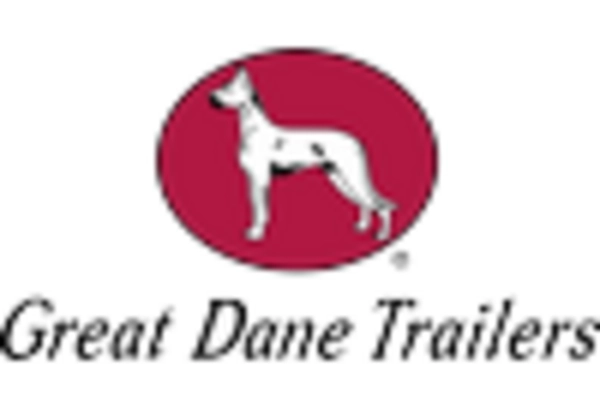
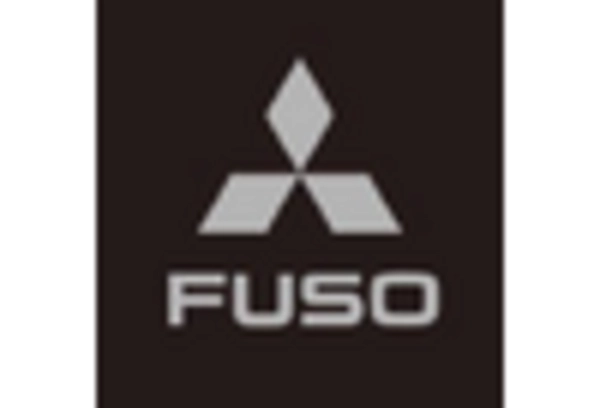
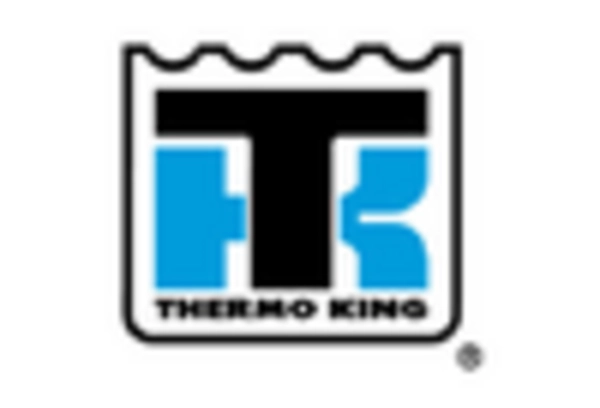










Leave a Comment